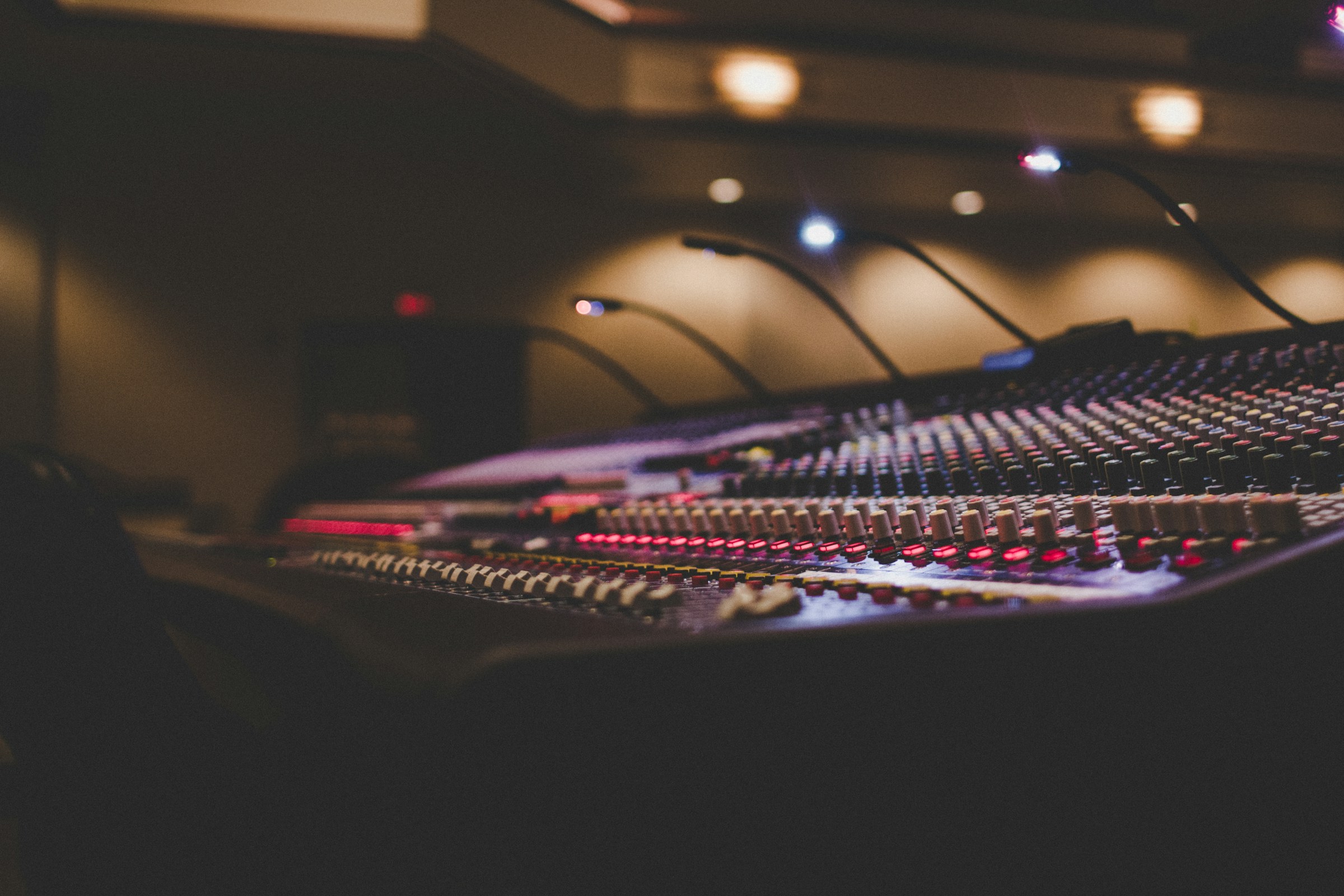25 Jul The Evolution of Soundtrack Music: Best Scores in Modern Cinema
Long before Dolby Atmos – or even synchronized dialogue – cinema was silent … but never truly quiet. In the nickelodeons and picture palaces of the early 20th century, a lone musician (often seated at a mighty Wurlitzer theatre-organ) accompanied every screening, improvising themes on the fly or following studio-supplied cue-sheets. From thunderous pedal chords for cavalry charges to delicate tremolos for lovers’ reunions, these live scores masked the clatter of the projector and, more importantly, showed audiences that music is inseparable from moving pictures – laying the groundwork for every soundtrack that followed.
A Brief Look Back
In the early days of cinema – particularly during Hollywood’s “Golden Age” in the 1930s and 1940s – soundtracks were often lush orchestral arrangements meant to replicate the drama of grand stage productions. Composers like Max Steiner and Erich Wolfgang Korngold set the tone with soaring melodies and bold motifs that helped define the grandeur of cinema for decades to come.

The 1970s & 80s: Catchy Themes and New Sounds
By the 1970s, film music was ready for a fresh wave of influence. Composers like John Williams brought back the big orchestral style (think Star Wars, Indiana Jones, E.T.) but with even more memorable and thematic motifs that continue to resonate with audiences today. Meanwhile, synthesizers and pop arrangements – exemplified by Vangelis’s iconic score for Chariots of Fire – began to show just how diverse film soundscapes could be.
Modern Cinema’s Best Scores
Fast-forward to our contemporary era, and the possibilities in soundtrack composition are virtually limitless. Here are a few standout modern scores and what makes them shine:
- Interstellar (Hans Zimmer)
Zimmer’s score brought a fusion of powerful pipe organ, strings, and electronic ambiance that underscored the film’s grandeur and emotional core, proving that subtlety and repetition can work wonders in building tension. He’s been an inspiration to the next generation of composers, like Melodie composer Thalia Skopellos, who heaps praise on him in her Melodie Maker interview. - The Social Network (Trent Reznor & Atticus Ross)
Minimalist, moody, and electronic, this Oscar-winning score helped usher in a new wave of ambient or drone-like film music, perfectly capturing the technological edge of the movie. - Black Panther (Ludwig Göransson)
An eclectic blend of African rhythms, traditional instruments, and electronic elements, Göransson’s work breathed fresh life into the superhero genre, demonstrating the power of authentic cultural references in a modern blockbuster. - Joker (Hildur Guðnadóttir)
Following on from her groundbreaking work on the Chernobyl series, Guðnadóttir’s haunting, cello-driven score gave a dark psychological edge to the film, showcasing how a single instrument’s timbre can drive an entire movie’s emotional landscape. No surprise that she won multiple awards for her work, including a Golden Globe and an Oscar. - Gravity (Steven Price)
With long stretches of near-silence punctuated by abrupt, intense crescendos, Price used a combination of synthetic and orchestral textures to capture the terrifying isolation of outer space.
Takeaways for Content Creators
As the evolution of soundtrack music shows, creativity knows no bounds – especially in modern cinema. And you don’t have to be working on a Hollywood blockbuster to incorporate these techniques into your own content:
- Use Silence Wisely: Strategic quiet moments can make your next musical cue all the more powerful.
- Experiment with Genre-Mixing: Don’t be afraid to combine orchestral sounds with electronic beats or cultural instruments; it can add freshness and uniqueness.
- Focus on Atmosphere: Even a simple drone or repetitive motif can heighten tension, create mood, or signal a thematic undercurrent for your audience.
- Tell a Story with Music: Whether it’s a vlog, a short film, or a podcast, the right track can elevate your narrative – making your audience feel what your visuals or words alone might only hint at.
Elevate Your Content with Melodie
At Melodie, we believe in the power of music to transform storytelling – something we share in common with the very best of modern cinema. With over 25,000+ original tracks and stems spanning every style and mood, you can easily find that perfect score (or underscore) for your video, podcast, or creative project. Our intuitive, AI-powered search tools, curated playlists, and lifetime licensing options take the stress out of music discovery and rights management.
Ready to give your content a cinematic edge? Explore Melodie’s extensive catalog today at melod.ie and see how exceptional music can add depth, drama, and excitement to your next project.


